Exploring the Potential of AI in IT Staffing
The Rapid Evolution of AI in IT Staffing
The world of information technology (IT) is constantly evolving, and businesses are continuously seeking innovative solutions to address their complex challenges. One technology that has the potential to revolutionize the way IT staffing is approached is artificial intelligence (AI). AI, with its ability to mimic and replicate human intelligence, is poised to transform various aspects of the IT industry, including staffing. From streamlining the recruitment process to identifying the best talent for specific roles, AI holds immense promise in shaping the future of IT staffing. In this blog post, we will delve into the potential of AI in IT staffing and explore how this emerging technology can enhance efficiency, improve decision-making, and drive success in the digital landscape. Join us as we embark on an exciting journey to explore the transformative power of AI in IT staffing, uncovering the benefits, challenges, and opportunities it presents for organizations in the ever-evolving technology sector.
The Rapid Evolution of AI in IT Staffing
AI has emerged as a game-changer in the field of IT staffing, transforming traditional recruitment processes and paving the way for more efficient and effective talent acquisition strategies. As businesses continue to grapple with the ever-evolving demands of the digital landscape, incorporating AI into their staffing practices has become crucial to gaining a competitive edge. In this section, we will explore some key strategies where AI can significantly enhance efficiency, improve decision-making, and drive success in IT staffing.
1. Streamlining the Recruitment Process Through AI
Traditionally, the recruitment process entails sifting through numerous resumes, conducting multiple rounds of interviews, and making subjective judgments about candidates’ suitability for the role. However, AI-powered tools and platforms can now streamline this process, saving time and resources while ensuring a more accurate assessment of candidates.
AI-driven applicant tracking systems (ATS) automatically screen resumes, leveraging natural language processing and machine learning algorithms to identify top talent based on predefined criteria. These systems can scan thousands of resumes in a matter of seconds, highlighting the best matches for specific roles. This not only expedites the initial screening phase but also reduces bias and increases objectivity in candidate selection.
Additionally, chatbots can be integrated into recruitment platforms to efficiently answer candidates’ questions, provide information about job descriptions, and even conduct initial interviews. These AI-enabled chatbots can engage with candidates in real-time, offering a personalized experience and collecting valuable data for further analysis.
2. Leveraging AI for Effective Talent Sourcing
Finding the right talent for specialized IT roles can be a daunting task, especially when the demand exceeds the supply. AI can make this process more manageable by leveraging various data sources to identify potential candidates who possess the required skills and experience.
AI-powered talent sourcing tools can scour the internet, including job boards, professional networking sites, and social media platforms, to create an extensive talent pool. These tools use natural language processing and machine learning algorithms to understand and match specific job requirements with candidates’ profiles. By automatically analyzing candidates’ skills, experiences, certifications, and projects, AI algorithms can provide recruiters with a shortlist of highly relevant candidates, significantly reducing the time and effort needed for sourcing.
Moreover, AI can also predict the likelihood of a candidate’s success based on their characteristics and past performance. By analyzing data from previous successful hires, AI models can identify patterns and attributes indicative of a strong fit for a particular role. This predictive analytics aspect of AI assists recruiters in making more informed decisions and selecting candidates with the highest potential for success.
3. Enhancing Decision-making with AI-powered Assessments
Traditional assessments, such as technical tests and interviews, have their limitations when it comes to evaluating candidates’ skills, potential, and cultural fit. AI offers a range of innovative assessment tools that can provide deeper insights into candidates’ competencies, personalities, and suitability for specific roles.
For technical assessments, coding challenges can be conducted through AI-powered platforms that evaluate candidates’ coding skills using predefined metrics. These platforms not only assess the correctness of the code but also analyze the efficiency, logic, and code structure, providing detailed reports on candidates’ performance.
Furthermore, AI-powered video interviews and facial recognition software can analyze candidates’ gestures, tone of voice, and facial expressions to gauge their level of confidence, communication skills, and emotional intelligence. By comparing these non-verbal cues with predefined benchmarks, recruiters can gain valuable insights into candidates’ potential cultural fit and their ability to thrive in collaborative team environments.
4. Minimizing Bias in IT Staffing with AI
One of the greatest challenges in recruitment is unconscious bias, which can unintentionally influence decision-making and hinder diversity and inclusion efforts. AI has the potential to mitigate bias by offering an objective and data-driven approach to talent selection.
By designing AI algorithms to focus solely on skills, experiences, and relevant qualifications, organizations can ensure that factors such as gender, race, age, or educational background do not influence the hiring process. This approach helps promote a more diverse and inclusive workforce, leading to a broader range of perspectives and innovative problem-solving approaches within the IT sector.
However, it’s important to note that AI systems are only as unbiased as the data they are trained on. Care must be taken to ensure that datasets used to train AI models are diverse and representative. Regular monitoring and auditing of AI systems are also necessary to identify and correct any biases that may inadvertently develop.
5. The Human Touch: Augmenting, Not Replacing
While AI offers numerous benefits in IT staffing, it’s essential to strike a balance between automation and the human touch. AI should be seen as an augmentation tool that complements human decision-making rather than replacing it entirely.
The role of recruiters and hiring managers remains crucial in interpreting AI-driven insights, evaluating cultural fit, and establishing rapport with candidates. Building relationships, understanding motivations, and assessing soft skills are areas where human judgment and intuition excel, factors that cannot be fully replicated by AI.
Furthermore, candidates also value personal interactions in the recruitment process. Therefore, it’s important to find the right balance between AI-enabled efficiencies and human connection to create a positive candidate experience that reflects the organization’s culture and values.
In Conclusion
AI presents a multitude of opportunities for organizations to revolutionize their IT staffing practices. From streamlining the recruitment process and enhancing talent sourcing to improving decision-making and minimizing bias, AI holds immense promise in shaping the future of staffing in the digital era. By leveraging these strategies, businesses can gain a competitive edge, attract top IT talent, and navigate the ever-expanding landscape of technology. As AI continues to evolve, it is crucial to stay updated with the latest advancements and embrace this transformative technology to thrive in the rapidly changing IT industry.
To achieve success in the rapidly evolving IT industry, organizations must embrace the transformative power of artificial intelligence (AI) in staffing. AI has the potential to revolutionize traditional recruitment processes, enhance decision-making, and drive efficiency in talent acquisition. By leveraging AI-powered tools and platforms, businesses can streamline the recruitment process, identify the right talent for specialized roles, and minimize bias in staffing.
At VorTek Systems, we recognize the immense potential of AI in IT staffing and continually strive to leverage this technology to connect organizations with top IT talent. With over 20 years of expertise in the IT sector, we understand the importance of agility, adaptability, and foresight in a rapidly changing digital landscape. Our comprehensive understanding and capability in areas such as development, cybersecurity, AI, and networking enable us to address the evolving demands of the industry and provide organizations with the right IT talent at every level, from management to executive positions.
In conclusion, AI has emerged as a game-changer in IT staffing, offering unique opportunities to enhance efficiency, improve decision-making, and mitigate bias. By embracing AI strategies, organizations can gain a competitive edge, attract top IT talent, and navigate the ever-expanding landscape of technology. At VorTek Systems, we are committed to driving success in the digital era by harnessing the transformative power of AI in staffing.




